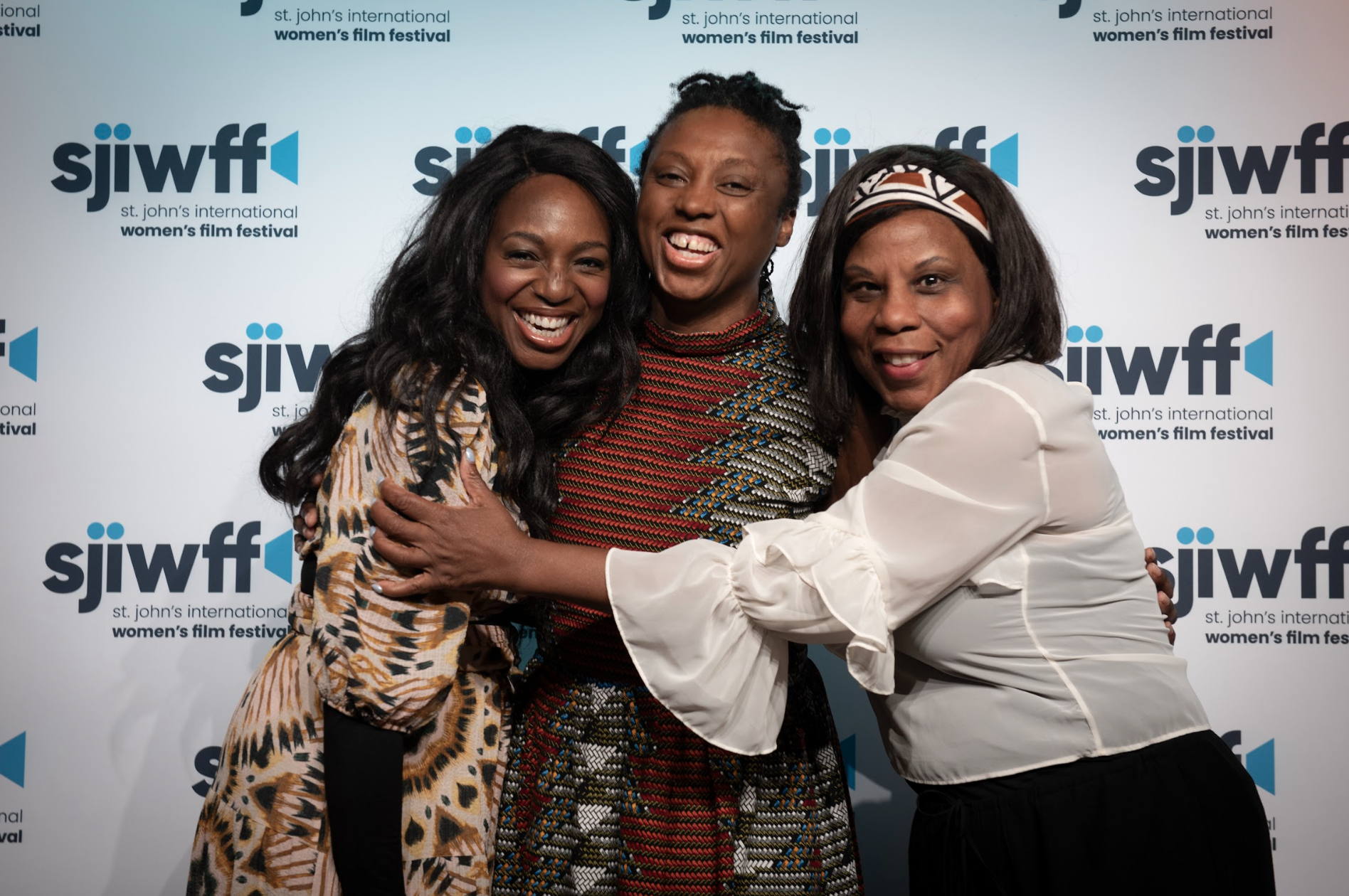The St. John’s International Women’s Film Festival (SJIWFF), one of the world’s longest-running women’s film festivals, announced today that it will be the new home of Women in View, a non-profit dedicated to gender diversity and inclusion on screen.
These two Canadian organizations are doing so much important work for women in film, and this merger marks the start of several exciting new initiatives that will champion women and gender-diverse filmmakers. This means more opportunities, more inclusion, and more stories from women and gender-diverse artists—we love to see it.
“This is a pivotal moment for both organizations,” said Jenn Brown, Executive Director of SJIWFF. “We are committed to breaking barriers and ensuring that women and gender-diverse filmmakers, along with their stories, are prominently represented on every screen.”
SJIWFF is returning for its 35th edition from October 22-26, where women and gender-diverse filmmakers from around the world will gather in St. John’s, Newfoundland for a five-day festival and industry forum.
Alongside exciting film screenings and premieres, SJIWFF provides so many opportunities for networking and professional development, making it an ideal spot to connect with and learn from women and gender-diverse creatives making waves in the film industry.

At this year’s festival, more details will be shared about SJIWFF’s plans for expansion, including the launch of Canada’s first gender equity in film institute—a home for all the incredible inclusion-focused programming SJIWFF already offers, with Women in View as the foundation of a future research arm.
Women in View is renowned for its work in representation and inclusion for women and gender-diverse people in film, TV, and digital media. Along with leading gender parity initiatives like 50/50 by 2020, their On Screen Reports provide a snapshot of the realities of the industry for women and gender-diverse people—and how race and gender impact access to employment, funding, and opportunities.
In their 2023 report, they found that Black women had the least representation across all key creative roles, while cisgender men made up 71% of the credits studied. Vital data like this, along with their calls to action, is the framework needed for real change to be made.
With these two trailblazing organizations teaming up, there is so much potential for meaningful progress to be made—we can’t wait to hear more.



 Follow Us On Instagram
Follow Us On Instagram
